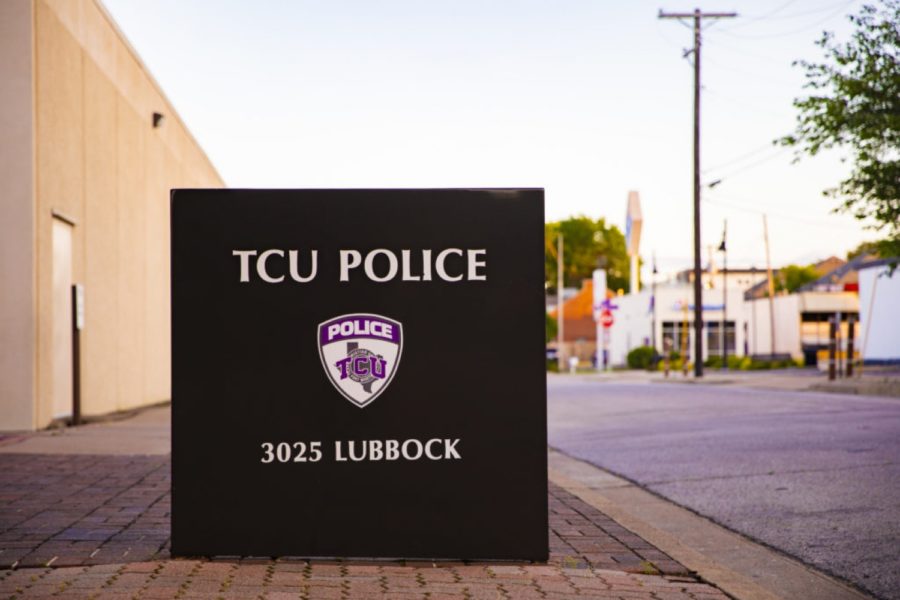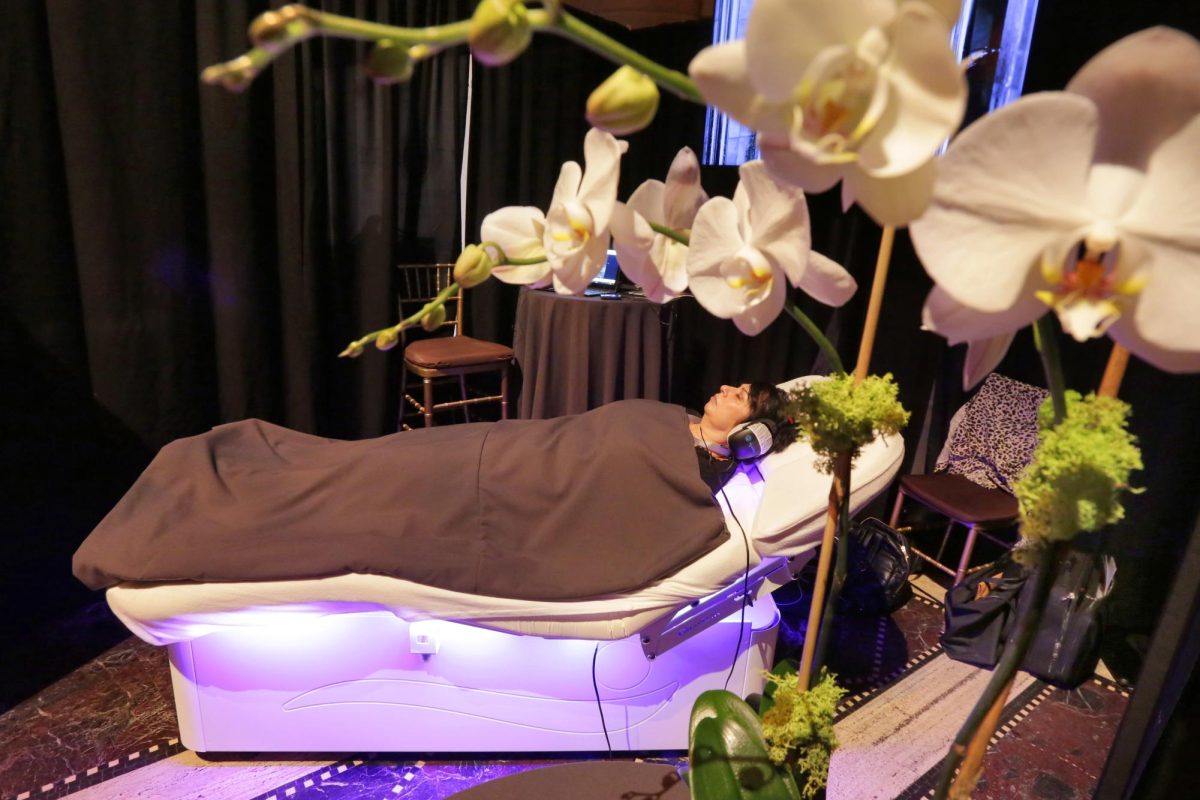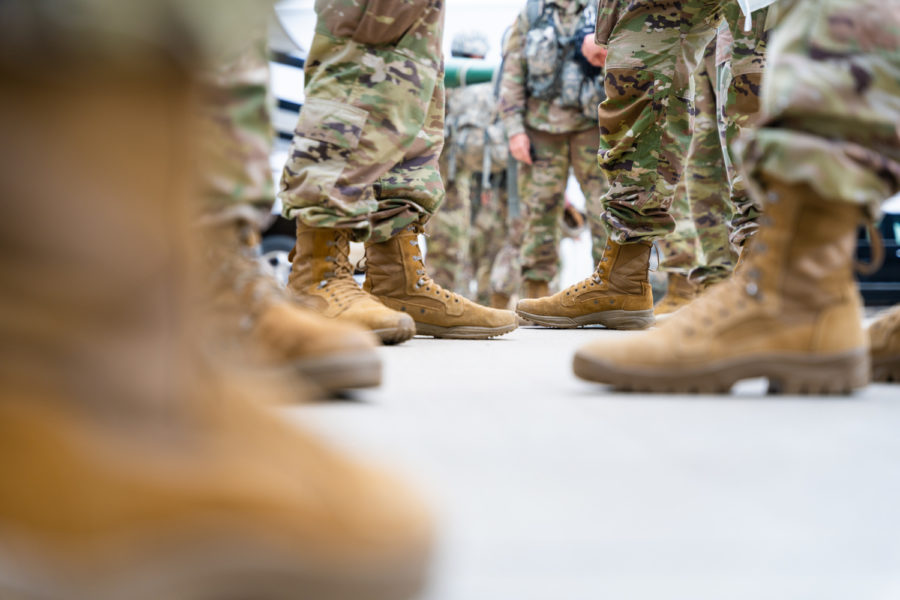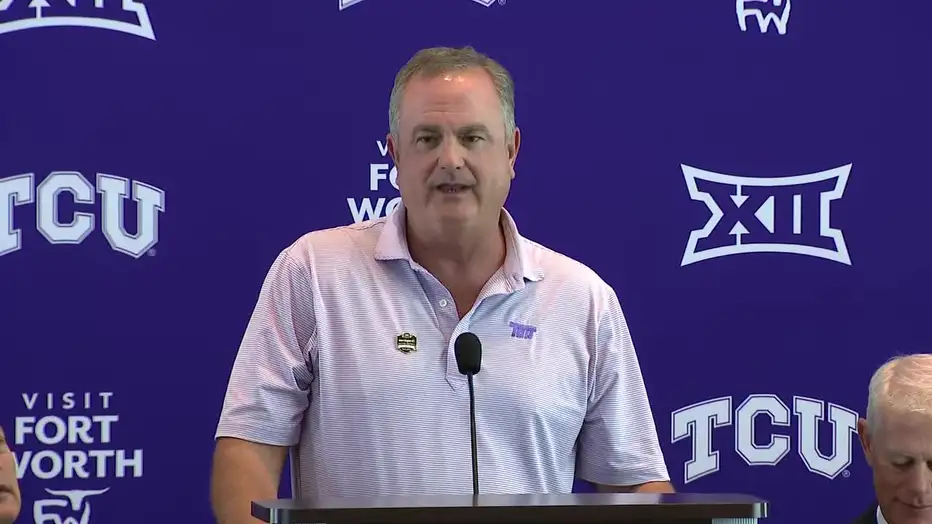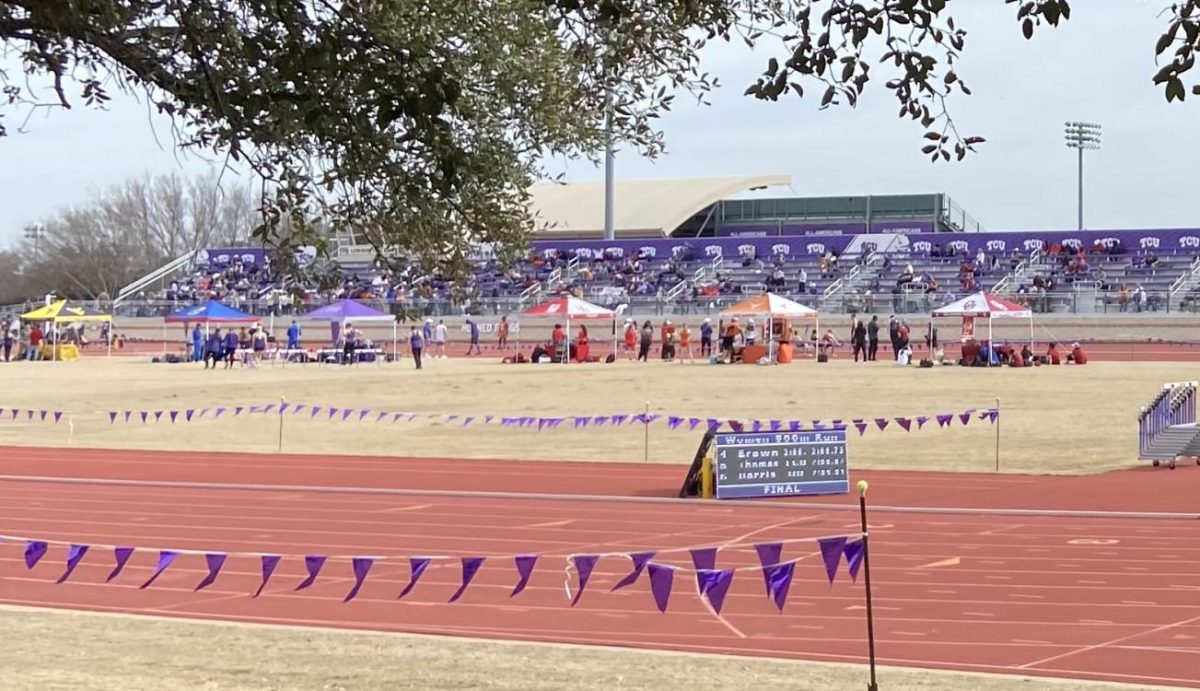The Student Police Advisory Council is nearing a two-year hiatus and is looking for a new, diverse group of TCU students who can share their thoughts regarding how they are served.
The council was established by the TCU Police Department in July 2019, a product of its collective focus on ‘community policing’ on campus.
Though the COVID-19 pandemic halted council activity in its inaugural year, Interim Chief of Police Robert Rangel wanted the council to continue when possible.
“It’s an important program,” said Rangel, “we didn’t want to let it die on the vine.”
The council functions as a sounding board for various issues or concerns involving campus police and the student community — discussing issues about police policy and procedure.
Rangel said the council is important for many reasons, one being to ensure the police department is serving to the students’ expectations as well as its own.
“I want to make sure that [TCU Police is] doing all we can to make sure every member of our TCU community feels like we are here to serve and protect them individually,” said Rangel.
To ensure the department adequately serves TCU’s diverse student population, members of the council represent a cross-section of the campus community.
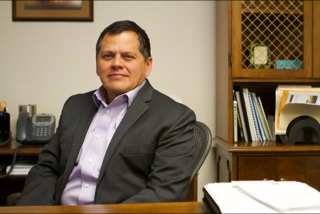
“Culturally, from different [TCU] colleges, gender, sexual orientation … everything,” said Rangel, “I don’t think we can achieve that without somebody at the table who can bring different perspectives.”
Rangel also wants students who have had negative experiences related to policing on the council, hoping their collaboration results in an informed, positive experience for both students and officers.
“I want people that have had negative experiences with any police officer,” said Rangel. “I think we can talk through it to assure them what happened to them was wrong, and show the steps they can take to make sure it doesn’t happen to anybody else.”
Council members will now have the option to meet via Zoom, an addition that Rangel hopes will encourage more students to participate that couldn’t otherwise.
Members are selected by TCU Police to serve an academic year term with eligibility for up to three years of reappointment.
To be considered for the board, email CAPStudentPoliceAdvisoryCouncil@tcu.edu and include your name, email address, phone number and a brief statement on why you would like to participate.
A first-time perspective
Entrepreneurial management major Skylar Frazier was a member of SPAC’s inaugural group in 2019. Her favorite takeaway from serving on the council is the knowledge she gained on how TCU Police functions.
“It was a great learning experience to hear more about their goals and meet individual officers who truly care for students,” said Frazier. “When you don’t know TCU PD on a personal level, you see them just as the people who give out tickets, but they are so much more than that.”
Frazier said participating in SPAC also improved her comfortability in talking with adults in positions of power.
“We had to network with constituents all across campus to ensure our initiatives were enacted,” said Frazier, adding that the council gave her a keen eye for detail.
“We created the Monthly Newsletter that updates students on crime on campus, gave officer spotlights and any advice TCU PD had for public safety,” said Frazier. “Knowing something would be sent to the entire campus forced me to be diligent with double-checking my work and making sure all facts were correct.”
An initiative that Frazier and the inaugural group successfully executed was the creation of a personal safety course for all TCU students during the fall 2019 semester.
“We were able to create a course that covers all things personal safety, from situational awareness to CPR to active shooter training,” said Frazier.
Almost every class session featured a speaker from various organizations across TCU and Fort Worth which kept the class interesting, according to Frazier.
“My favorite thing I learned in the class was how to apply a tourniquet,” said Frazier. “I didn’t even know what a tourniquet was before this class, but now I keep one in my car in case of emergency.”
“I feel more aware, prepared and safe because of the course we created,” she said.

